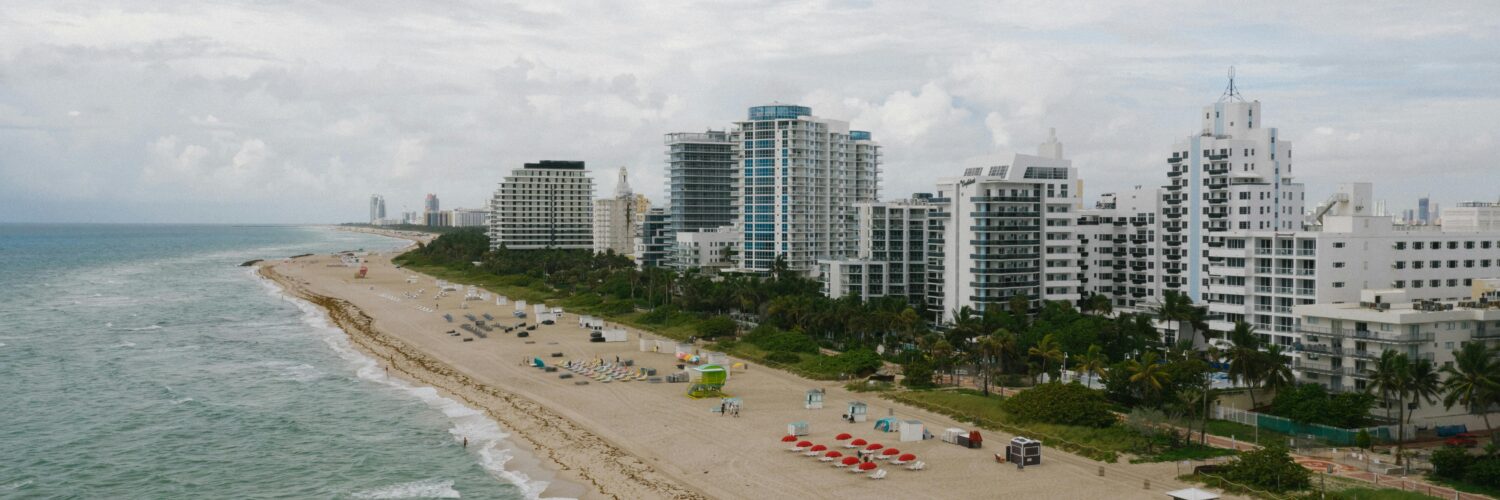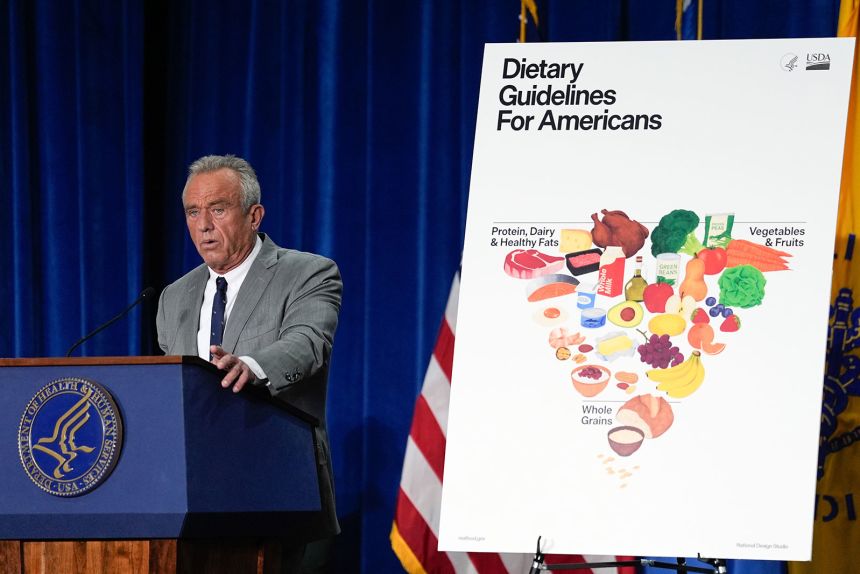Understanding the Unique Risks of Coastal Restaurants
Coastal restaurants operate in environments that present risks far beyond those faced by inland establishments. Being located near the shoreline exposes these businesses to severe weather events such as hurricanes, tropical storms, and the long-term effects of rising sea levels. Such hazards not only increase the likelihood of property damage but also elevate the potential for significant business interruptions. Restaurant owners must consider a wide range of environmental factors, including flooding, high winds, storm surges, and saltwater corrosion, all of which can affect the structural integrity of the building, compromise critical kitchen and dining equipment, and pose safety hazards for staff and patrons.
These unique risks make insurance planning for coastal restaurants particularly complex. Standard commercial property insurance policies may not fully cover damages caused by flooding, wind-driven debris, or the corrosive effects of saltwater, leaving restaurant owners financially exposed. As a result, securing comprehensive restaurant commercial property insurance in Florida is essential. This type of tailored coverage ensures that property repairs, equipment replacement, and potential business interruption costs are adequately addressed. By working with experienced insurance specialists, coastal restaurant operators can develop a customized insurance strategy that accounts for location-specific hazards, protects valuable assets, and provides peace of mind in the face of Florida’s challenging coastal conditions.
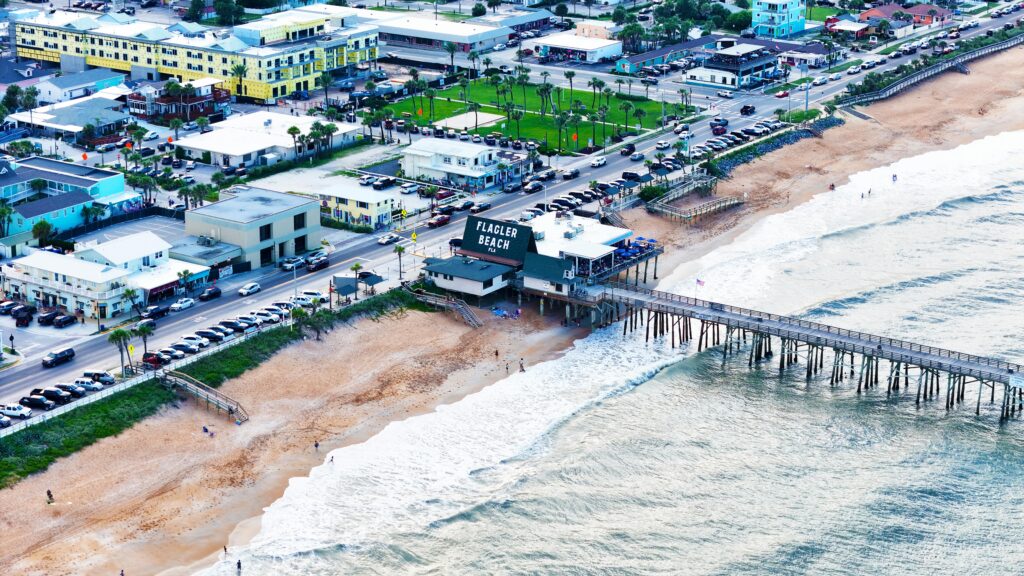
Flood and Storm Vulnerability Assessment
Flood Zones and Risk Mapping
Coastal restaurants in Florida are often situated in areas designated as high-risk flood zones, making it essential for owners and managers to understand the specific vulnerabilities of their location. Utilizing tools such as Federal Emergency Management Agency (FEMA) flood maps, along with local zoning and building regulations, allows restaurant operators to identify properties that are most susceptible to flooding. These risk assessments directly impact insurance considerations, as properties in higher-risk zones typically face increased premiums and more specialized coverage requirements. Securing appropriate restaurant commercial property insurance in Florida ensures that businesses are financially protected against flood-related losses, including structural damage, equipment replacement, and potential business interruption costs.
Infrastructure Susceptibility
The physical infrastructure of coastal restaurants is uniquely exposed to environmental stressors. Prolonged moisture, strong winds, and salt-laden air contribute to accelerated deterioration of building materials, HVAC systems, roofing, and outdoor dining areas. Wooden structures, metal fixtures, and critical kitchen equipment can degrade faster in these conditions, increasing both repair costs and operational downtime. Conducting a proactive assessment of infrastructure resilience allows restaurant owners to identify weak points, implement mitigation strategies, and work with insurers to align coverage with the specific risks their property faces. Comprehensive restaurant commercial property insurance in Florida can be tailored to cover these vulnerabilities, helping businesses recover more quickly after a storm event.
Historical Data Analysis
A thorough review of historical storm and flood events in the region provides valuable insights for risk management and insurance planning. By examining past hurricanes, tropical storms, and flooding incidents, coastal restaurant operators can anticipate potential damage scenarios and develop effective preparation and response strategies. Historical trends also influence insurance policy selection, enabling businesses to secure coverage that reflects their real exposure to recurring threats. Incorporating this data into insurance discussions ensures that restaurant commercial property insurance in Florida provides adequate protection, covering property repairs, equipment replacement, and revenue loss resulting from temporary closures.
Insurance Strategies for Coastal Restaurants
Commercial Property Protection
Owners of coastal restaurants face unique risks that go beyond typical inland exposures. Securing comprehensive restaurant commercial property insurance in Florida is essential to protect the physical structure, equipment, and inventory against environmental hazards common to coastal areas, such as hurricanes, high winds, hail, and flooding. This type of insurance is specifically tailored to address the vulnerabilities of seaside operations, providing financial protection when disasters strike.
Key considerations include:
- Building Coverage: Ensures repair or replacement of the restaurant’s physical structure after storm or flood damage, including walls, roofs, windows, and other integral components.
- Equipment Protection: Covers critical kitchen appliances such as stoves, refrigeration units, ovens, and specialized food preparation machinery, which are often costly to replace.
- Inventory Safeguarding: Protects perishable food and beverage stock from storm-related losses, including water damage, spoilage, or contamination.
FEMA provides guidance on property protection standards for flood-prone areas (FEMA Flood Risk Guide).
Business Interruption Insurance
Even with robust property coverage, coastal restaurants remain vulnerable to operational downtime caused by storm damage or flooding. Business interruption insurance compensates owners for lost revenue during temporary closures, covering fixed operating expenses, employee wages, and other essential costs. Coastal restaurant operators should carefully assess the potential duration of closures and work with insurance specialists to ensure coverage reflects realistic operational impacts. A properly structured policy can mean the difference between surviving a storm event or facing prolonged financial strain.
The Insurance Information Institute (III) provides detailed guidance on business interruption coverage (III Business Interruption Guide).
Liability Coverage
Storm-related hazards, such as wet floors, falling debris, or damaged outdoor areas, can expose restaurant owners to legal claims. General liability insurance is crucial for mitigating these risks, protecting the business from lawsuits related to bodily injury or property damage. Coastal establishments may also require enhanced liability protection for specific operations, including alcohol service, waterfront seating areas, or large-scale events. Combining liability coverage with restaurant commercial property insurance in Florida ensures that both physical assets and legal exposures are addressed comprehensively.
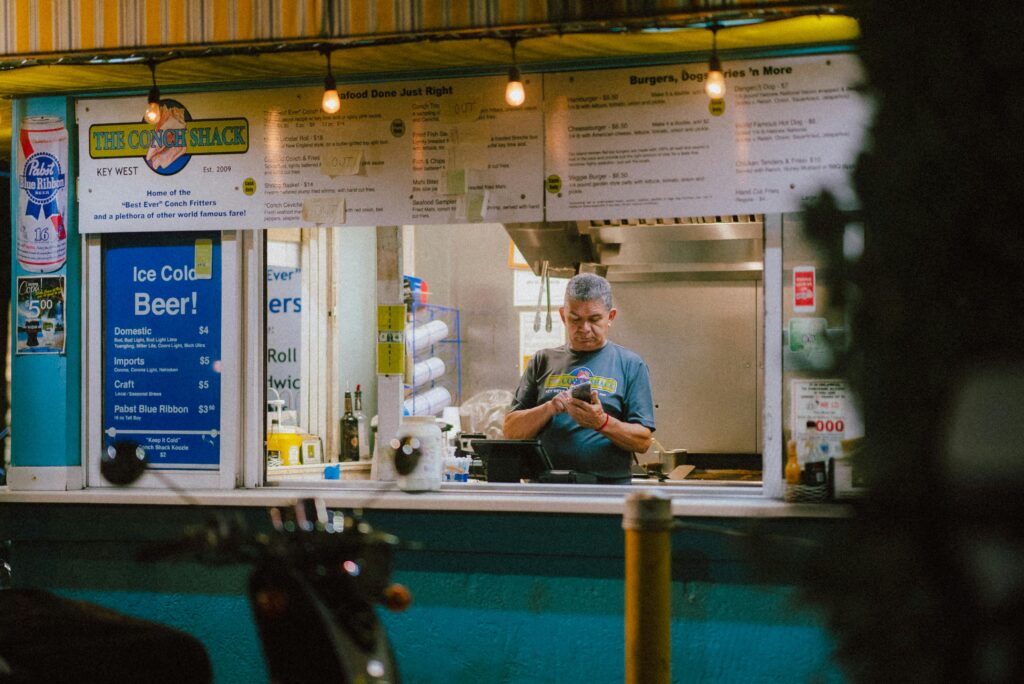
Workforce Preparedness and Workers’ Compensation
Seasonal Staffing Considerations
Coastal restaurants in Florida often rely on seasonal employees to meet the demands of peak tourist periods. These workers may be less familiar with the unique operational risks posed by coastal environments, including hurricanes, tropical storms, and flooding. Ensuring robust workers’ compensation coverage is therefore critical to protect employees in case of injuries sustained during storm-related emergencies, such as property evacuation, securing outdoor dining areas, or preparing equipment for severe weather. Comprehensive workforce protection is not only a legal requirement but also a key component of a broader risk management strategy that complements restaurant commercial property insurance in Florida, safeguarding both human and physical assets.
Employee Training Programs
Effective training programs are essential to reduce workplace injuries and demonstrate proactive risk management to insurers, which can, in turn, help lower insurance premiums. Coastal restaurant staff should receive thorough instruction on emergency procedures, including:
- Safe Handling of Wet Floors and Debris: Minimizing slips and falls during and after storms.
- Equipment Shutdown Protocols During Storms: Ensuring stoves, refrigeration, and electrical systems are safely deactivated to prevent accidents or property damage.
- Evacuation and Emergency Response Plans: Guiding employees on safe exit routes, assembly points, and coordination with local emergency services.
The National Restaurant Association (NRA) provides resources on employee safety and preparedness, including guidance specifically designed for emergency situations in hospitality settings (NRA Safety Guidelines).
By combining a well-prepared workforce with adequate workers’ compensation and restaurant commercial property insurance in Florida, coastal restaurants create a resilient operational framework. This approach not only protects employees but also supports business continuity, reducing financial exposure during and after storm events.
Cost Considerations
The cost of insurance for coastal restaurants in Florida can vary significantly based on multiple factors, making careful evaluation essential for both protection and financial planning. Location is one of the most influential elements; restaurants situated in high-risk flood zones, areas prone to hurricanes, or regions with a history of severe wind and water damage often face higher premiums due to increased exposure. Similarly, the type of restaurant, whether it is a casual dining establishment, fine dining venue, coffee shop, or beachfront seafood restaurant, affects risk levels, equipment needs, and occupancy considerations, which all influence coverage costs.
Proactive risk mitigation measures play a critical role in managing insurance expenses. Structural improvements, such as elevating mechanical systems, reinforcing windows and doors, installing storm shutters, and using corrosion-resistant materials, not only protect the property but also demonstrate to insurers that the restaurant is actively reducing potential losses. Comprehensive emergency plans, staff training programs, and regular maintenance schedules further contribute to risk reduction, which can positively impact premiums.
Coverage selection is equally important. Ensuring that restaurant commercial property insurance in Florida aligns with actual exposures, including property damage, business interruption, and equipment loss, helps avoid underinsurance while preventing unnecessary overspending. Bundling multiple policies, such as general liability, workers’ compensation, and business interruption coverage, can streamline administration and generate cost efficiencies. Regular reviews of policies allow restaurant owners to adjust coverage as their operations, staffing, or local risk profiles change, ensuring that premiums remain fair while protection remains comprehensive.
By carefully considering these factors, coastal restaurant owners can balance financial prudence with robust protection, reducing the likelihood of unexpected losses and supporting long-term operational resilience.
Flood Mitigation and Storm Resilience Measures
Structural Improvements
Coastal restaurants in Florida face significant risks from flooding, high winds, and storm surges. Implementing targeted structural improvements can substantially reduce vulnerability, protect assets, and even help lower insurance premiums. Recommended measures include:
- Elevating Mechanical Systems Above Base Flood Elevations: Raising HVAC units, electrical panels, and other critical systems above predicted flood levels prevents water damage and ensures quicker post-storm recovery.
- Installing Storm Shutters and Reinforced Windows: Protects the building from wind-driven debris, reducing structural damage and insurance claims.
- Using Corrosion-Resistant Materials for Outdoor Structures: Salt-laden air accelerates wear on outdoor furniture, signage, and fixtures. Durable materials extend the lifespan of these assets and reduce replacement costs.
Flood Barriers and Drainage Systems
Both temporary and permanent flood barriers, combined with efficient drainage systems, help prevent water from entering the restaurant during storms or high tides. These mitigation measures not only protect property but also facilitate faster reopening after an event, which can positively influence claims outcomes under restaurant commercial property insurance in Florida. Properly designed barriers and drainage also demonstrate proactive risk management to insurers, potentially improving policy terms and reducing premiums.
Emergency Response Plans
Having a clear, written emergency response plan is critical for coastal restaurants to act quickly and efficiently during storm events. Comprehensive plans should cover:
- Inventory Relocation and Protection: Moving perishable goods, high-value inventory, and critical supplies to safe areas to prevent losses.
- Critical Equipment Safeguarding: Ensuring essential kitchen appliances and infrastructure are secured or elevated to minimize damage.
- Communication Protocols with Staff and Insurance Providers: Establishing lines of communication ensures employees understand evacuation procedures, and insurers are promptly informed to facilitate claims and recovery processes.
Integrating structural improvements, flood barriers, and a robust emergency response plan not only strengthens resilience but also complements restaurant commercial property insurance in Florida, helping coastal restaurant operators mitigate financial losses and maintain continuity even in the face of severe weather events.
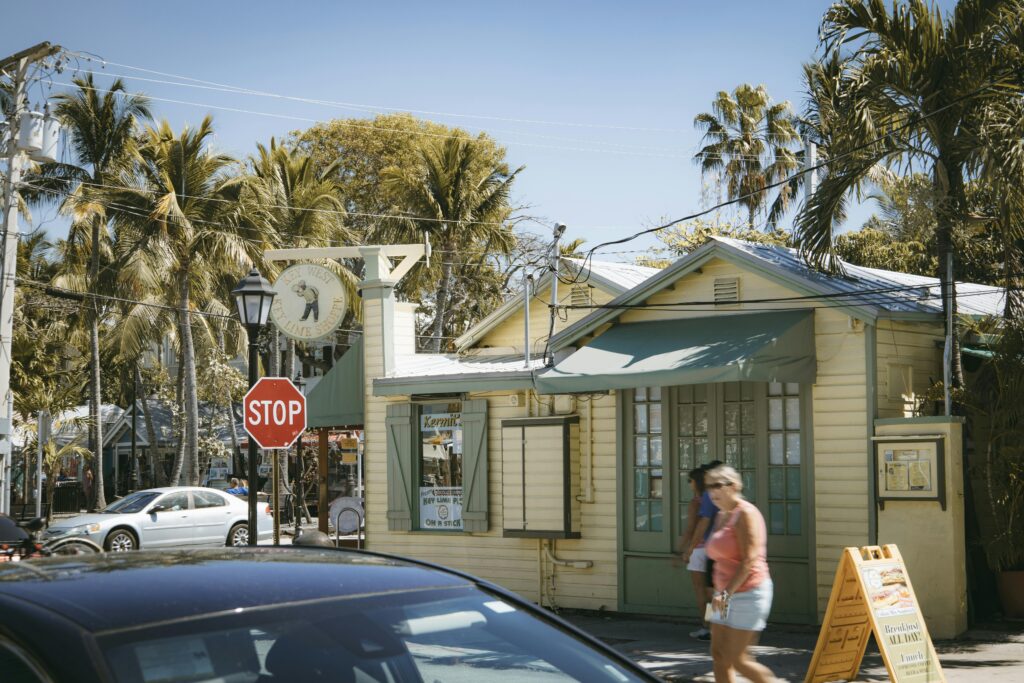
Regulatory Compliance and Insurance Requirements
Local Building Codes
Coastal restaurants in Florida operate under some of the most stringent building codes in the country, designed to enhance resilience against hurricanes, tropical storms, and flooding. Compliance with these codes is not only a legal obligation but also a critical factor in securing and maintaining comprehensive insurance coverage. Insurers often require documented adherence to structural standards, wind load specifications, and flood-resistant construction techniques. Regular inspections, maintenance records, and proper documentation demonstrate proactive risk management, which can positively influence both eligibility for coverage and insurance premiums. Ensuring compliance also helps minimize potential damage during severe weather events, safeguarding both property and business continuity under restaurant commercial property insurance in Florida.
Insurance Policy Requirements
In addition to regulatory compliance, many insurance policies include specific risk mitigation stipulations tailored to coastal properties. These may include elevating electrical systems above base flood levels, securing flammable materials in protected storage, reinforcing windows and doors, or maintaining functional flood barriers. Understanding and implementing these requirements is essential to prevent claim denials following storm damage. Insurance providers expect restaurant operators to demonstrate adherence to both code and policy mandates, which reinforces the overall protection strategy. By aligning operational practices with policy expectations, coastal restaurant owners ensure that restaurant commercial property insurance in Florida provides comprehensive coverage for structural damage, equipment loss, and potential business interruptions.
Choosing the Right Insurance Partner
Selecting an insurance agency with experience in coastal restaurant risks is a critical step for Florida restaurant owners. Coastal establishments face unique challenges, from hurricanes and flooding to saltwater corrosion, which require specialized knowledge to ensure adequate coverage. Partnering with an experienced agency helps restaurant operators navigate these complexities and make informed decisions about their protection strategy.
Key areas where a knowledgeable insurance partner adds value include:
- Policy Selection Tailored to Flood-Prone Areas: Agencies familiar with coastal risks can recommend comprehensive restaurant commercial property insurance in Florida policies that address structural damage, equipment loss, and inventory protection, including coverage for flood, wind, and storm-related hazards.
- Determining Coverage Limits: An expert partner helps evaluate the appropriate limits for property, liability, and business interruption coverage, ensuring the restaurant is adequately protected without overpaying.
- Bundling Policies for Efficiency and Cost Optimization: Combining multiple insurance lines, such as commercial property, liability, workers’ compensation, and business interruption, can simplify management, reduce administrative burden, and often result in cost savings.
By working with an insurance agency that understands the specific exposures of coastal restaurants, owners can create a customized, proactive risk management plan. This partnership ensures that restaurant commercial property insurance in Florida not only protects physical assets but also supports business continuity, staff safety, and long-term financial resilience in the face of Florida’s unique environmental challenges.

Proactive Steps to Protect Coastal Restaurants
Coastal restaurants in Florida face unique operational risks, making proactive risk management essential. By taking deliberate steps, owners can safeguard assets, protect staff, and ensure business continuity while optimizing their insurance coverage. Key strategies include:
- Conduct a Comprehensive Risk Assessment: Evaluating the restaurant’s exposure to hurricanes, flooding, high winds, and saltwater corrosion allows owners to identify structural vulnerabilities, equipment at risk, and operational weak points. This assessment informs both mitigation strategies and insurance decisions, ensuring that restaurant commercial property insurance Florida aligns with actual risk.
- Implement Structural Improvements: Physical enhancements such as elevating mechanical systems, reinforcing windows and doors, installing storm shutters, and using corrosion-resistant materials reduce potential damage during severe weather events. These measures not only protect property but may also lower insurance premiums.
- Develop Staff Emergency Training Programs: Well-trained employees can respond effectively during storms, minimizing injuries and operational disruptions. Training should include safe handling of wet floors, equipment shutdown procedures, evacuation protocols, and emergency communication practices.
- Ensure Insurance Coverage is Up-to-Date and Adequate: Regularly reviewing policies ensures that coverage reflects the restaurant’s current operations and risk exposure, including property, liability, and business interruption. Proper coverage under restaurant commercial property insurance Florida provides financial protection for structural damage, equipment loss, inventory spoilage, and revenue interruptions.
- Establish a Rapid Response and Recovery Plan: A clear, documented plan for post-storm recovery accelerates reopening, minimizes losses, and streamlines communication with insurers, staff, and contractors. This includes relocating inventory, securing equipment, and coordinating repair efforts efficiently.
By implementing these proactive steps, coastal restaurant owners demonstrate due diligence to insurance carriers, enhance safety for employees and patrons, and reduce potential losses. When combined with tailored restaurant commercial property insurance in Florida, these measures create a comprehensive risk management framework that strengthens resilience and supports long-term operational stability.
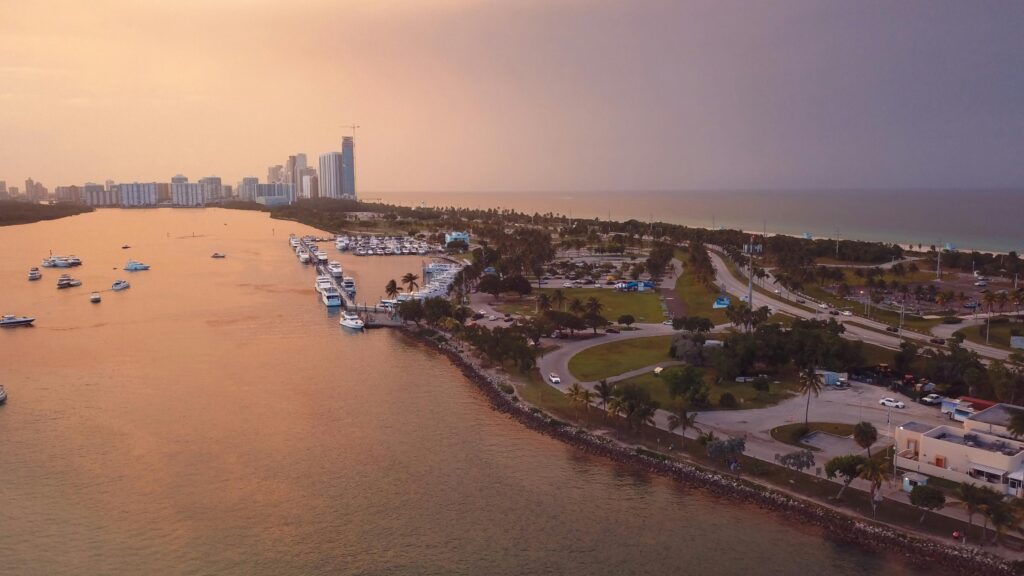
Leveraging Insurance for Long-Term Resilience
For coastal restaurants in Florida, insurance is not merely a reactive financial safeguard, it is a central element of a long-term risk management and business continuity strategy. By thoughtfully combining restaurant commercial property insurance in Florida with complementary coverage such as general liability, business interruption, and workers’ compensation, restaurant owners can protect multiple facets of their operation and strengthen resilience against environmental and operational risks.
Key benefits of a comprehensive insurance strategy include:
- Maintaining Operations During Storm Disruptions: Business interruption and property coverage work together to provide financial support for repairs, equipment replacement, and ongoing operating costs, allowing restaurants to reopen quickly after hurricanes, flooding, or wind damage.
- Protecting Employees and Customers: Workers’ compensation ensures staff are covered in case of storm-related injuries, while liability coverage mitigates exposure to lawsuits arising from accidents on wet or damaged premises, particularly during emergency conditions.
- Preserving Financial Stability: By covering structural damage, equipment loss, inventory spoilage, and lost revenue, insurance policies help restaurants avoid severe financial setbacks. This stability enables continued investment in the business, staff retention, and confidence among patrons and investors.
When integrated into a proactive risk management framework, including structural improvements, staff training, emergency planning, and regulatory compliance, restaurant commercial property insurance in Florida becomes a strategic asset. Rather than simply responding to disasters, coastal restaurant owners can use insurance as a tool to support long-term resilience, ensuring both operational continuity and sustained financial health despite the challenges of Florida’s coastal environment.
Encouraging Consultation and Risk Assessment
Coastal restaurant owners in Florida face a unique set of environmental and operational risks, making professional guidance essential for effective insurance planning. Scheduling a comprehensive risk assessment allows restaurant operators to identify vulnerabilities related to hurricanes, flooding, wind damage, and saltwater corrosion, ensuring that coverage is appropriately aligned with actual exposures.
Working with experienced insurance providers enables owners to tailor policies to meet both regulatory requirements and specific operational needs. For instance, assessments can determine the right limits for restaurant commercial property insurance in Florida, business interruption coverage, liability protection, and workers’ compensation, creating a holistic approach to risk management.
Consulting knowledgeable providers also helps restaurant owners understand policy stipulations, identify potential coverage gaps, and implement mitigation measures that may lower premiums. By combining professional risk assessment with expert advice, coastal restaurants can make informed decisions, secure robust long-term protection, and strengthen resilience against Florida’s challenging coastal hazards.
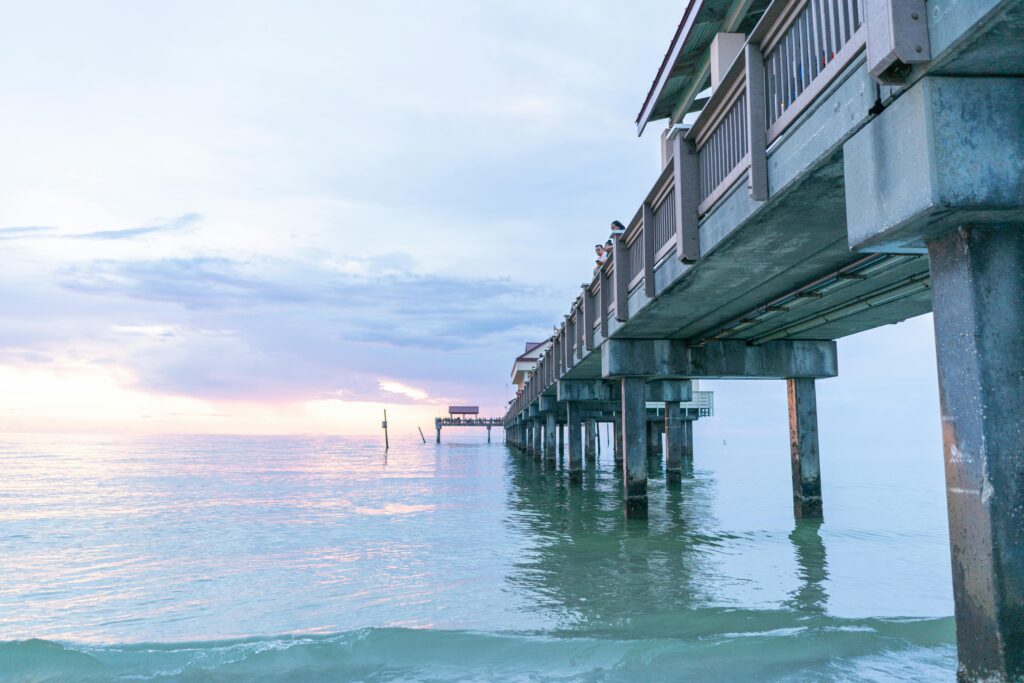
Choosing a Trusted Insurance Partner in Florida
For coastal restaurant owners in Florida, selecting the right insurance partner is crucial to ensure comprehensive protection against environmental and operational risks. Commercialize Insurance Services (CIS) stands out as a knowledgeable and trusted agency, specializing in tailored solutions for restaurants. Their team of experienced agents guides business owners through policy selection, risk assessment, and mitigation strategies, helping secure coverage that aligns with both regulatory requirements and unique coastal exposures.
By working with Commercialize Insurance Services (CIS), restaurant operators can confidently implement restaurant commercial property insurance in Florida and complementary policies, safeguarding their physical assets, employees, and business continuity.
To learn more, visit https://usa-cis.com/ or contact one of their knowledgeable agents today

